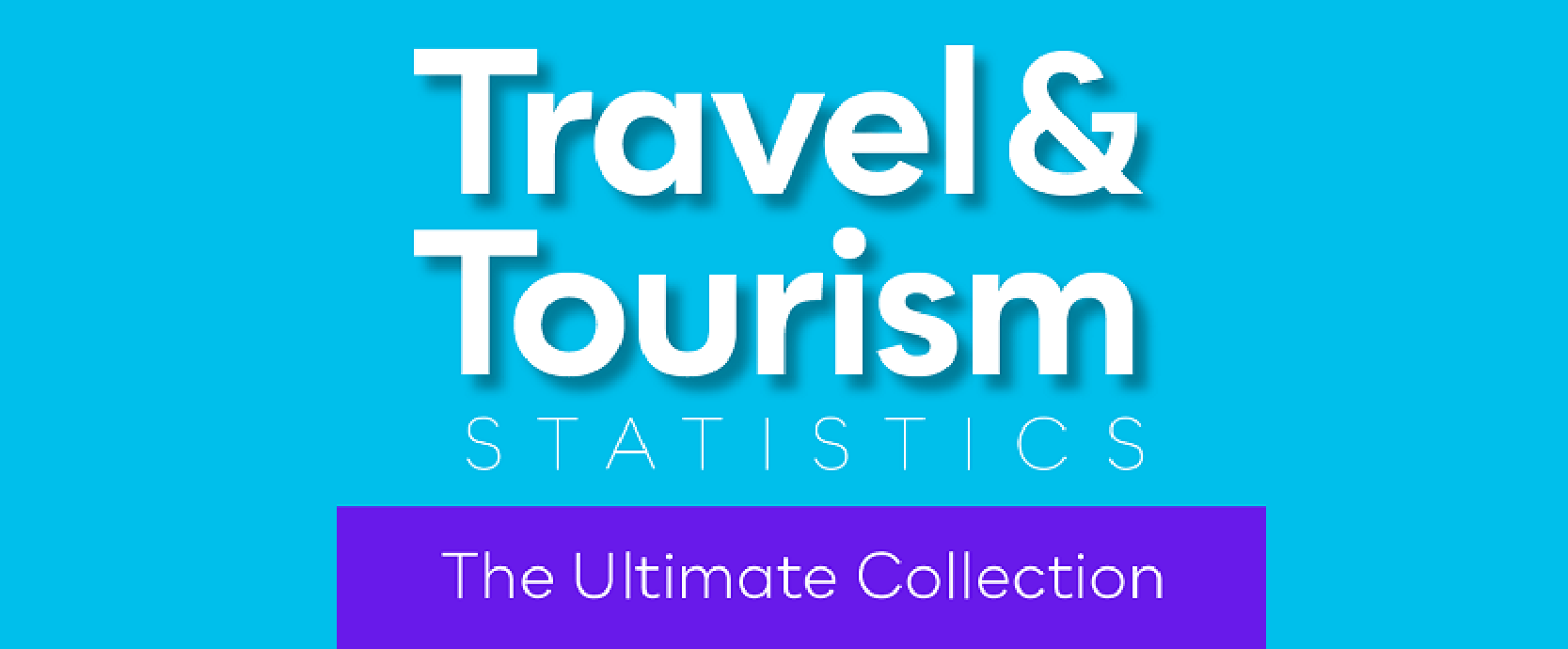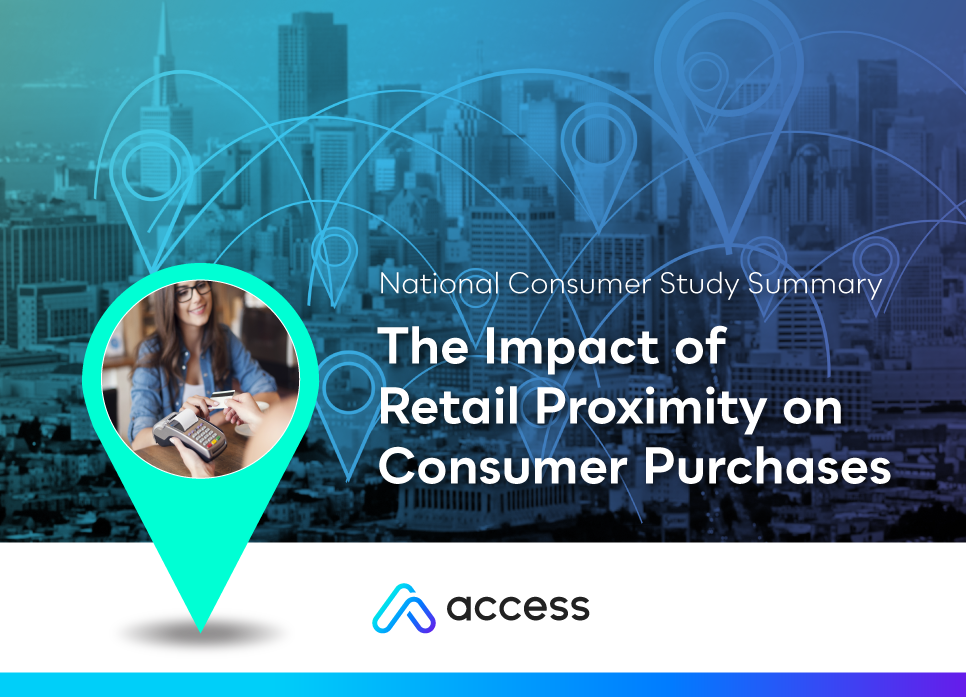How to Build Revenue AND Customer Loyalty Through Upsells
I’ve been car shopping recently. You probably know the pain - hours of research to figure out which vehicle to pursue, finding the fair price for it, new or used, etc.
That part alone requires a lot of effort. Then there’s the typical dealership experience, which is akin to a slapfight in a dumpster. Regardless of the outcome, you’re going to emerge feeling a bit gross.
As the old saying goes, we love to buy, but we hate being sold.
That’s never been so true as it is today. With so much information at our disposal, we do more research than ever before making a purchase. 68% of us trust online reviews, 40% of us have “showroomed”, and 69% of us have “reverse showroomed.”
We think we know what we want, and we don’t need someone to try and convince us otherwise.
Yet, it seems like we always wind up spending more than planned, especially with the brands we love. Even the auto dealerships talk us into a number of upsells, and we know to be on the lookout for those.
Often, we’re filled with regret, and the upsell experience ruins the positive feelings from the purchases we intended to make.
Upsell Smarter
We’ve posted a few times about the intersection of loyalty and maximizing revenue. There’s a thin line between getting the most revenue possible out of every customer and still keeping them in the fold. You can’t just max out prices until people stop paying, but you can’t also let your structure stagnate just because there are people who prefer your product priced a certain way.
This is where upsells come in. Asking people to buy a little something extra when they’re already in the buying process works incredibly well and has for years. Yet the wrong upsell, or the right upsell presented in the wrong medium, can do serious damage to a brand.
As you’re looking to tack on some ancillary revenue here and there, it’s important that you’re not just tossing out any old product or service to your customers. If long-term customer loyalty means anything to you, you’ll keep these basic principles in mind.
-
Keep it relevant. This one is essential, and most get it right. The upsell has to either enhance your product or service, or be tangentially related to it. It won’t sell if it isn’t, most likely.
-
Be straightforward. One of the reasons people feel terrible after upsell purchases is they feel bullied or misled into some sort of premium package or warranty. Don’t pull any tricks, such as a tiny checkbox that says “Uncheck this box if you don’t want to opt out of our premium membership club.” Let your product stand on its own merits. If it can’t, do you really want to sell it to your customers?
-
Keep it consistent with your brand. Yes, upsells can generate a lot of revenue, but don’t lose sight of the bigger opportunity: they can extend a good experience with your brand. Besides being relevant to the customer, an upsell should match your brand, both in look and feel as well as experience and nature.
-
Know who you’re working with. There are a lot of turnkey upsell programs operated by third parties that may not take good care of your customers, selling their data to third parties or adding hidden fees. Be sure to thoroughly vet whomever you choose to work with. Even better, purchase on of their upsells for yourself to get the experience firsthand.
The Rules Always Apply, Even on Second Sales
Just because you’ve sold your primary product to a customer doesn’t mean the rules of customer engagement don’t apply to the upsell. A secondary product, even at a much cheaper price, can cause a lot of damage that a great primary product can’t undo.
As we’ve mentioned, every experience matters to today’s consumers. Their expectations of brands are higher than ever before, and most brands aren’t coming anywhere near meeting those expectations, in large part because they’re still focused on short term revenue through things like sloppy upselling.
It’s a great way to make a buck, but don’t forget it’s also an important opportunity to further cement a customer relationship. Keep it clean, and enjoy the rewards.
Topics: upsell programs, Ancillary Revenue
Written by: Brandon Carter



.jpg)

.jpeg)






Share your Comment.